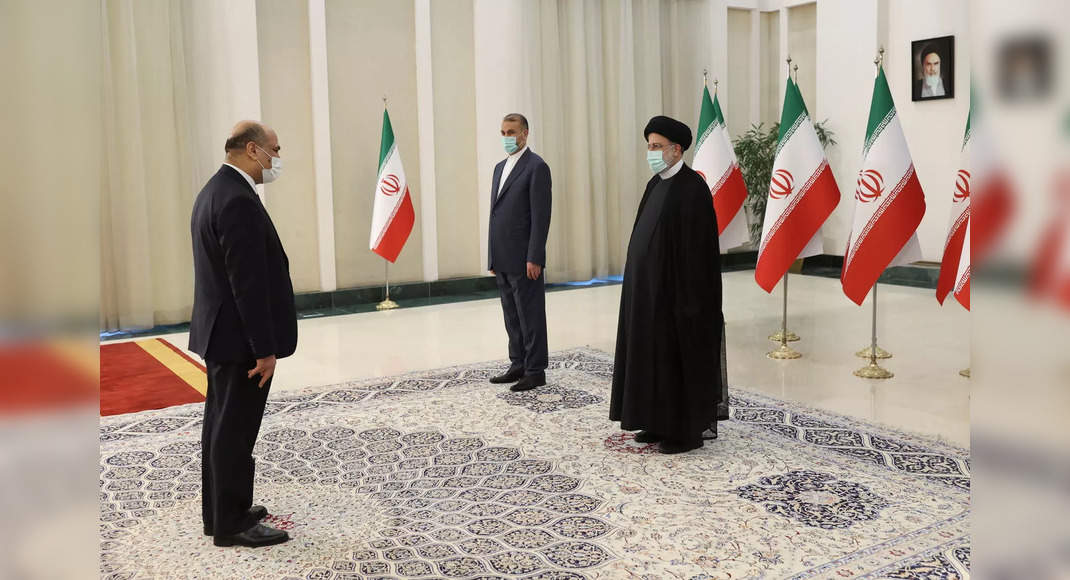ADEN: Yemen’s Houthi administration has started renovation work at Sanaa airport, two industry sources said, as the group that holds most of northern Yemen prepares for a possible reopening of the facility under U.N.-led peace efforts.
A Saudi Arabian-led coalition has controlled Yemen’s air space since 2015, when the alliance intervened against the Iran-aligned Houthi movement that ousted the internationally recognised government from the capital, Sanaa.
The coalition’s spokesman did not immediately respond to a request for comment on whether it had agreed to reopen air space and allow the airport to resume regular operations.
The industry sources told Reuters that construction work had begun in some parts of the airport, which has been closed since 2015 with the exception of U.N.
flights.
It has been targeted dozens of times by coalition airstrikes over the last six years.
The military alliance says the facility is used for arms smuggling, something the Houthis deny.
Airport director Khaled al-Shayef said in a Twitter post on Wednesday that he met Yemenia airlines to discuss maintenance and equipment at the airport, and with the Yemen Oil Company on fuel supplies for aircraft.
The United Nations and the United States have called for the removal of restrictions on Houthi-held ports and Sanaa airport to ease a dire humanitarian crisis, while also pressing the Houthis to agree to a nationwide ceasefire.
Riyadh and Yemen’s Saudi-backed government have linked removing the blockade to a truce deal, a condition the Houthis have rejected.
Oman, a main regional backer of peace efforts that hosts several Houthi officials, this week sent a delegation to Sanaa to push the peace deal with Houthi officials.
Omani Foreign Minister Sayyid Badr Al-Busaidi arrived in Saudi Arabia on Wednesday for talks, state media reported.
The coalition has also restricted access to Hodeidah port, the main entry point for Yemen’s commercial and aid imports.
The conflict, largely seen in the region as a proxy war between Saudi Arabia and Iran, has left 80% of Yemen’s population reliant on aid and millions of people facing famine.







